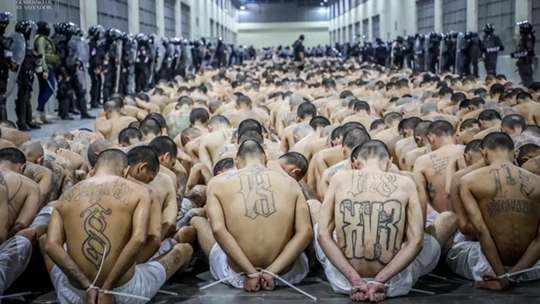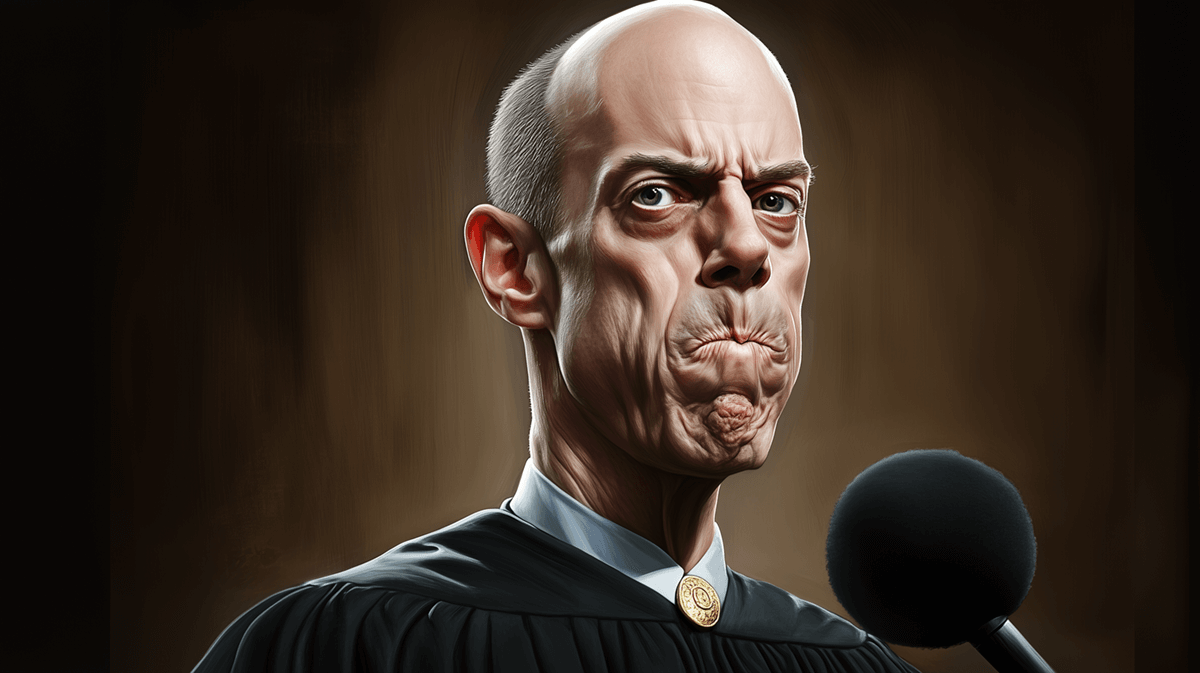
A recent judicial proceeding concerning the Trump administration's deportation policies has brought U.S. District Judge James E. Boasberg's in-court behavior into the spotlight. During a hearing that focused on deportation flights executed on March 15, observers noted Boasberg's seemingly unprofessional conduct, characterized by smirking and eye-rolling as he interacted with Department of Justice (DOJ) lawyers.
The incident occurred in a federal courtroom where Judge Boasberg, an Obama-era appointee, was presiding over a case involving the Trump administration's efforts to deport individuals, including alleged gang members, from the United States. Throughout the hearing, Boasberg openly displayed skepticism towards the explanations provided by Deputy Assistant Attorney General Drew Ensign, casting doubt on the administration's compliance with his prior verbal directives. His pointed questioning and physical expressions suggested he believed the government may have acted in "bad faith."
Julie Kelly, a prominent figure associated with the Trump administration, took to Twitter to condemn Boasberg's courtroom antics. "What didn’t come across on audio line was Boasberg’s physical theatrics. Glasses on and off, scowling at DOJ lawyer over his glasses, rolling eyes, smirks, etc.," Kelly tweeted on April 3, 2025. Her critique highlighted concerns regarding the judge's impartiality and the seriousness with which he conducted the proceedings.
"What didn’t come across on audio line was Boasberg’s physical theatrics. Glasses on and off, scowling at DOJ lawyer over his glasses, rolling eyes, smirks, etc." – Julie Kelly 🇺🇸
Despite the DOJ's defense that their actions adhered to the written order, Judge Boasberg extended the temporary restraining order until April 12, reflecting his unconvinced stance on the government's justifications. The case has now escalated to the Supreme Court, where the Trump administration seeks to challenge Judge Boasberg's restraining order.
This legal skirmish is set against a backdrop of ongoing tension between the judiciary and the executive branch, especially concerning immigration enforcement and policy implementation attempts by the Trump administration. The Supreme Court's decision will carry significant weight in determining the extent to which federal judges can exert influence over presidential actions, particularly in areas tied to national security and immigration.
Amidst the unfolding legal battles, the dynamic between the Trump administration and the judiciary remains fraught with contention. Kelly's criticisms of Judge Boasberg's behavior underscore the broader debate over judicial overreach and the courts' role in reviewing executive orders. The outcome of this case will likely impact the discourse on the separation of powers and the equilibrium between the government's branches.





